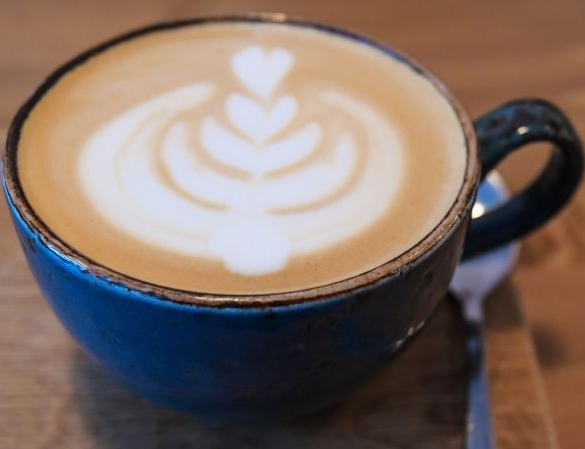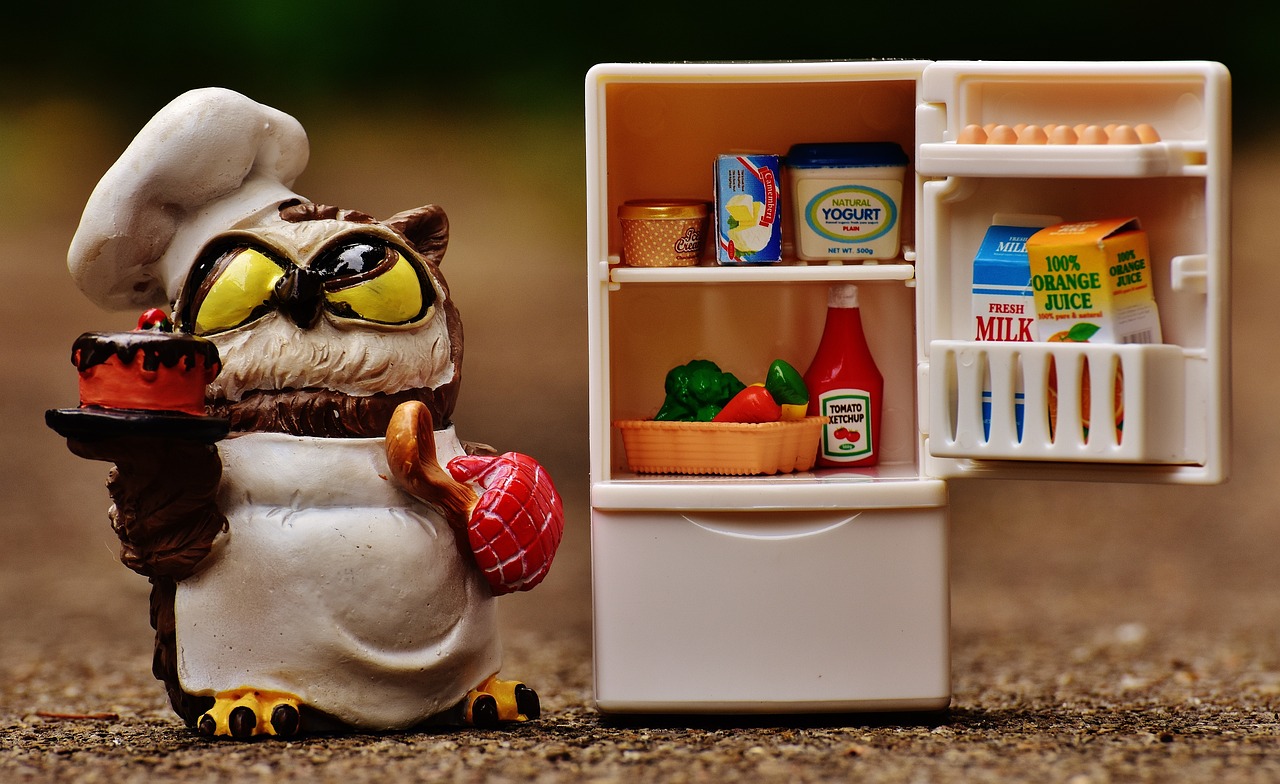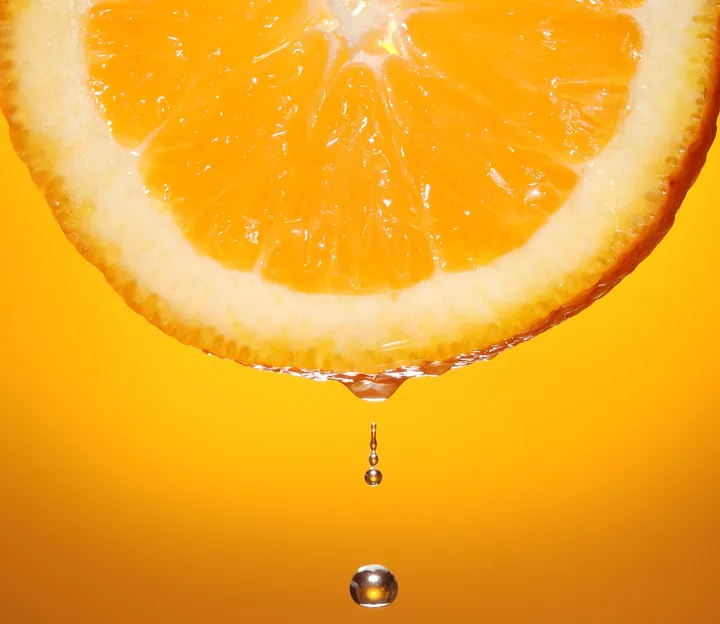Scientists at the University of Illinois, USA, have found that caffeine may compensate for the negative effects of an incorrect diet as it slows down lipid metabolism deposition and reduces triglyceride levels. A press release on the study was published on the MedicalXpress website.
The rats that drank caffeinated maté tea lost 16 percent of their body weight and 22 percent of their fat over a four-week period, compared to those that drank uncaffeinated maté tea. Their diet during this time consisted of 40% fat, 45% carbohydrates and 15% protein. The amount of caffeine consumed was equivalent to four cups of coffee for a human.
Maté tea is a tea drink made from the dried leaves and shoots of Paraguayan holly that are steeped. It is rich in caffeine.
This result can also be achieved with the help of synthetic caffeine and caffeine contained in coffee.
Scientists will find out in the future how maté tea and caffeine can help people in terms of weight loss, fat loss and metabolic disorders.
Coffee helps with weight loss
Drinking coffee helps with weight loss. Researchers at the University of Nottingham have made this conclusion, and this information was posted on the Medical Xpress website.
The experts found that caffeine stimulates the production of brown adipose tissue, which glows and burns off calories and plays an important role in regulating body temperature.
Citing one of the study’s authors, Michael Symonds, a professor at the University of Nottingham School of Medicine, Medical Xpress reported: “Brown adipose tissue functions differently from other fats: it burns sugar and fat to produce energy, usually in response to cold. Increasing its activity helps the body better control blood sugar levels and improve lipids.”
From previous studies experts learned that brown adipose tissue is largely concentrated in the neck. Screening showed that this part of the body is heated up after drinking coffee.
Who should not drink more coffee
Medical scientists at Harvard University in the United States studied how caffeine-containing beverages affect how migraine sufferers feel about themselves. An article on their findings was published in the American Journal of Medical Sciences.
Migraine is a neurological disorder accompanied by severe headaches. Its cause remains a mystery for now. Doctor Elisabetta Mostofsky said that people with migraines complain that certain drinks may give them colds. She and her colleagues conducted the study, in which 100 people over the course of a month and a half gave detailed accounts of their regular headaches and what they regularly ate and drank.
Analysis of the volunteers’ diaries showed that caffeine-containing drinks genuinely affected how they felt about themselves, but their effects only became apparent when consumed in large quantities.
Mostoforsky said, “Our observations show that drinking one or two cups of coffee or caffeinated drinks a day does not affect the health of migraineurs.”
For example, the likelihood of having a headache after consuming three cups of coffee in a day increases by roughly 30 or 40 percent, and triples if the patient drinks more than five cups of coffee in a day.
Medical doctors believe that both migraine sufferers themselves and their doctors should take this into account.




